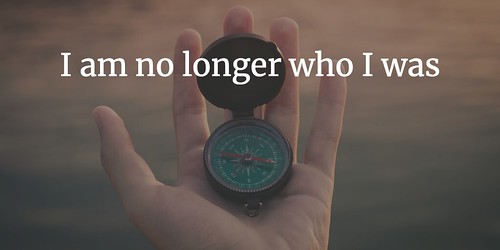I am dipping into some of the assignments that my friend, Ian, is doing in a university course called Revolutionary Poets Society, as he shares things via Twitter and his website, inviting others to join in. The second prompt calls for a poem of home in an assignment entitled Where I Begin. This is mine.
A Poem Calls Home
where we crouched in the corner
of the abandoned swimming pool, dark water
thick with ferment, time and algaewhere we punched in stolen nails
to make a ladder to climb the stairs
to the stars of the disappearance treewhere we bog-jumped in winter,
cracking surface ice in shoes too thin
for warmth, the bonfires always ragingwhere rain meant shelter, beneath
the eaves of leaves, an excuse to dive
even ever deeper into the woodswhere we laughed, went quiet,
cried some, wondered where we’d be,
and if we’d all be there, at allwhere we passed the pipes of stories
along in quiet, hidden passions, beneath
the guise of restless childhoodwhere we lost some, the shared grief
its own river beneath us, our empty
shouting at the skies at nightwhere just beyond the distance,
if we ever bothered to listen,
we might still hear the voicesof parents calling us
home
Peace (in remembering),
Kevin





